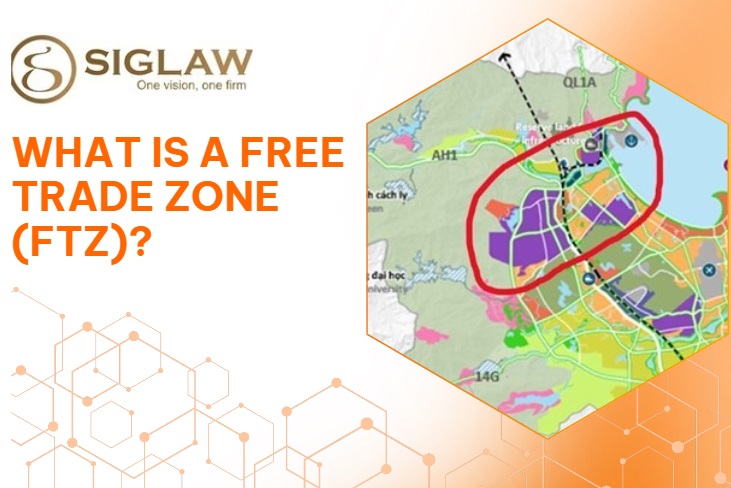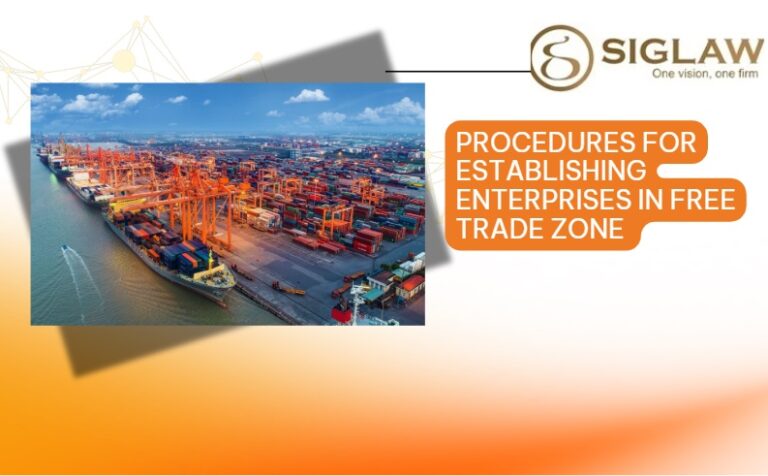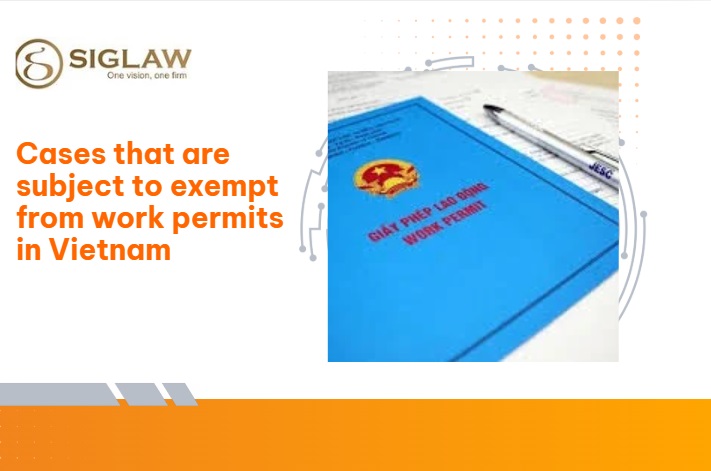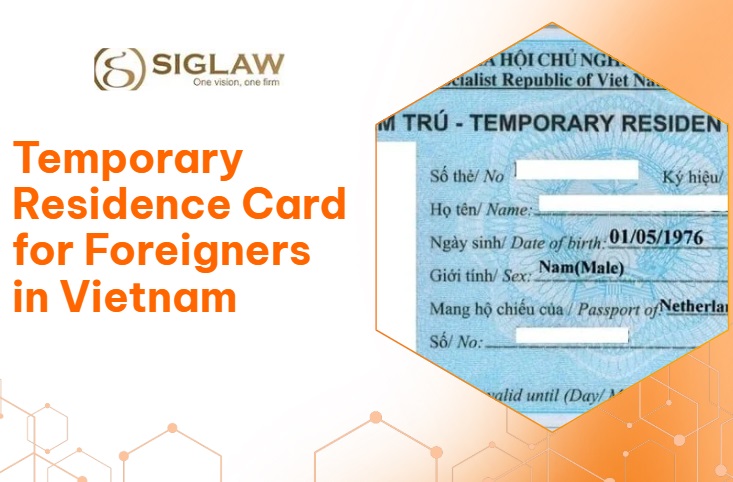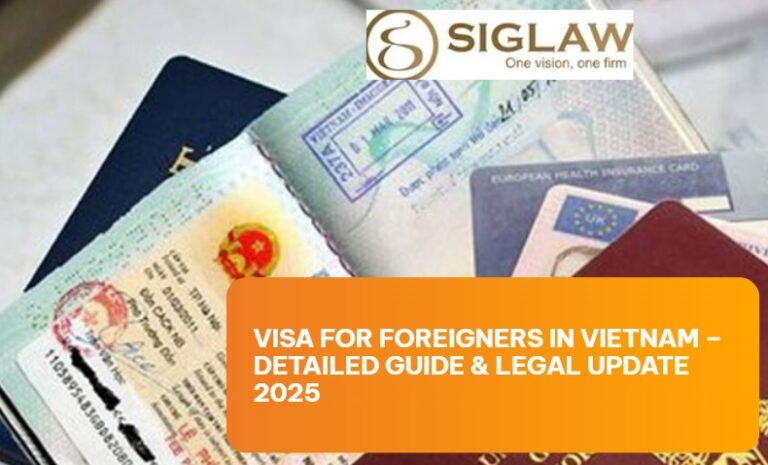In the modern business world, where every contract is a “symphony” of interests and risks, disputes are inevitable. The difference lies not in whether a business encounters disputes, but in how it handles them to preserve core interests, maintain reputation, and sustain strategic partnerships.
Commercial arbitration, with its advantages of confidentiality, flexibility, and international enforceability, has become the preferred choice for domestic and foreign enterprises seeking an effective dispute resolution mechanism as an alternative to traditional litigation.
However, behind every arbitration case lies a “strategic battle”: from constructing legal arguments and preparing evidence to the art of negotiation and bargaining to achieve optimal agreements. A single misstep can cause a business to lose its position; conversely, a sound strategy can transform a dispute into an opportunity to strengthen cooperative relations.
This article by Siglaw will explore the full landscape of the commercial arbitration process, analyze practical legal strategies, and reveal modern negotiation arts to help enterprises achieve the best outcomes in dispute resolution without losing partners.
Commercial Arbitration – A Modern Dispute Resolution Tool for Enterprises

In the globalized business environment, commercial disputes are unavoidable. However, instead of opting for lengthy court litigation, an increasing number of enterprises choose commercial arbitration—a flexible, confidential mechanism with high international applicability.
Under the Commercial Arbitration Law 2010, commercial arbitration is a dispute resolution method conducted by one or more arbitrators selected by agreement of the parties, based on respect for their will, business confidentiality, and freedom of agreement.
It is suitable not only for domestic commercial disputes but also an effective tool for contracts with foreign elements, when Vietnamese enterprises transact with international partners at centers such as VIAC (Vietnam International Arbitration Center) or SIAC, HKIAC, ICC abroad.
Commercial Arbitration Process: From Initiation to Award
One of arbitration’s advantages is procedural flexibility while ensuring principles of fairness, transparency, and legal binding.
Below is a summary of the arbitration process in Vietnam under the Commercial Arbitration Law 2010 and VIAC Procedural Rules:
Step 1: Initiation and Filing of Arbitration Request
The claimant enterprise must file an arbitration request accompanied by the arbitration agreement, evidence, contracts, invoices, acceptance minutes, email exchanges…
The arbitration center reviews the request’s validity and notifies the respondent.
Important note at this stage:
If your company is participating in the arbitration as the **Respondent (Defendant)**, you must prepare and submit the **Statement of Defense** to the Arbitration Center within **30 days** from the date of receiving the Notice of Arbitration.
If the Respondent fails to raise any objection regarding the **validity or legality of the arbitration agreement** in the Statement of Defense, the Respondent will be deemed to have **waived its right to challenge** the jurisdiction of the arbitral tribunal later (including in court when enforcement is sought).
Step 2: Formation of the Arbitral Tribunal
The parties may select independent arbitrators or have the center appoint them. This is a critical stage; choosing experienced and neutral arbitrators can directly influence the case outcome.
Step 3: Hearing and Evidence Collection
The arbitral tribunal holds a hearing akin to a “closed trial.” The parties present arguments, submit evidence, cross-examine, and may invite valuation experts, auditors, or appraisers if necessary.
Step 4: Mediation During Arbitration
Unlike courts, the arbitral tribunal may proactively propose mediation. If the parties reach a settlement, the tribunal issues an award recognizing the agreement, which has the same legal effect as an arbitral award.
Step 5: Issuance of Arbitral Award
The arbitral award is final, immediately effective, and non-appealable. However, in exceptional cases, a court may be requested to set aside the award if there are grounds of serious procedural violation or invalid arbitration agreement.
Effective Legal Strategies in Arbitration Disputes
A successful arbitration case is not merely about “winning or losing” but protecting the enterprise’s core interests at the lowest cost while maintaining reputation.
Siglaw suggests three key strategy groups:
Evidence and Document Preparation Strategy
Enterprises should:
– Prepare systematic evidence: contracts, annexes, emails, payment records, meeting minutes;
– Control internal information flow to prevent employees from disclosing or inadvertently sending unfavorable information;
– Collect valid electronic evidence (data files, recordings, email copies, system logs) in compliance with the Electronic Transactions Law 2023.
Legal Strategy – Positioning Rights Within the Legal Framework
– Thoroughly analyze the arbitration clause: determine the center, language, number of arbitrators, applicable law;
– Draft a tight legal brief citing contract clauses, Vietnamese law, or international law;
– Engage independent technical or accounting experts to strengthen evidence.
Timing and Negotiation Posture Strategy
In over 70% of arbitration cases, parties settle before an award.
Negotiation in arbitration is an art balancing reason and emotion, protecting interests while preserving partnerships, especially in sectors like construction, logistics, investment, and technology transfer.
Enterprises should:
– Proactively propose early negotiation while flexibility remains;
– Use “BATNA” (Best Alternative to a Negotiated Agreement) to determine negotiation limits;
– Maintain a respectful tone during negotiation, avoiding personal attacks, as this affects the arbitral tribunal’s attitude.
The Art of Negotiation in Arbitration Disputes: Winning Is Not Always Success
A successful arbitration agreement is not just about “how much is gained” but minimizing losses: least damage, least impact, and retaining strategic partners.
Example:
In a dispute between a Vietnamese enterprise and a Singaporean investor over a technology transfer contract, Siglaw advised the Vietnamese enterprise to proactively propose a conditional termination agreement, reducing compensation costs by 60% while retaining technology cooperation rights for the next three years.
This is a typical example of negotiation art based on long-term interests rather than short-term win-lose emotions.
When Should Enterprises Choose Arbitration Over Courts?
| Criteria | Commercial Arbitration | Courts |
|———-|————————|——–|
| Confidentiality | High – non-public records | Public |
| Flexibility | Parties select arbitrators, language, venue | Bound by court procedures |
| Duration | Average 6–12 months | May last 1–3 years |
| International Enforceability | Awards recognized under New York Convention 1958 | Vietnamese court judgments difficult to enforce internationally |
| Cost | Higher | Lower |
| Reputation & Partnership Value | Preserves professional image, minimal media impact | Easily damages enterprise image |
The Role of Lawyers in Arbitration Strategy and Negotiation
Arbitration is a “game” of strategy, not just law. A lawyer knowledgeable in commerce, with strategic thinking and cross-cultural negotiation skills, is a “weapon” turning passivity into proactivity.
At Siglaw, our lawyers not only represent enterprises before arbitral tribunals but also:
– Develop contingency legal scenarios (scenario planning);
– Draft, counter, and negotiate settlement agreements;
– Propose “win-win” measures, helping enterprises achieve optimal results while maintaining post-dispute cooperation.
Commercial arbitration is not merely a dispute resolution mechanism but a smart risk management strategy for enterprises in the integration era.
Understanding correctly – preparing thoroughly – negotiating skillfully are the three keys enabling enterprises not only to escape disputes but to transform them into opportunities to strengthen partnerships.
With the motto “Legal Partnership – Steady Success,” Siglaw is committed to delivering fast, accurate, and cost-effective solutions to clients.
For free consultation and legal service support, please contact Siglaw Firrm:
Head Office: No. 44/A32 – NV13, Zone A Geleximco, Le Trong Tan Street, An Khanh, Hoai Duc, Hanoi.
Hotline: 0961 366 238
Email: vphn@siglaw.com.vn
Branch: 2nd Floor, House No. 103-105 Nguyen Dinh Chieu, Xuan Hoa Ward, Ho Chi Minh City


